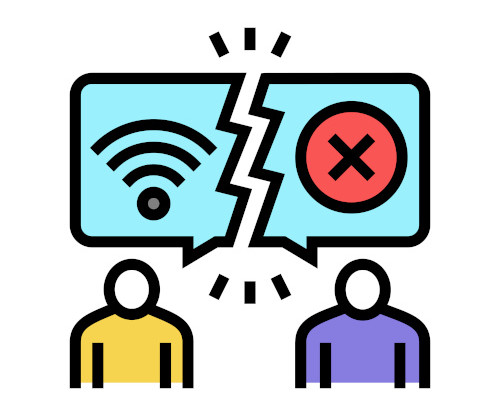Addressing the digital divide’s effects on education and the workforce
eSchool News
MARCH 20, 2023
million Americans who don’t have access to broadband internet. This issue is not just limiting education access, but it’s also contributing to an ongoing workforce crisis. It’s time to recognize that equal access to high-speed internet is essential, and urgent action is needed.

















Let's personalize your content